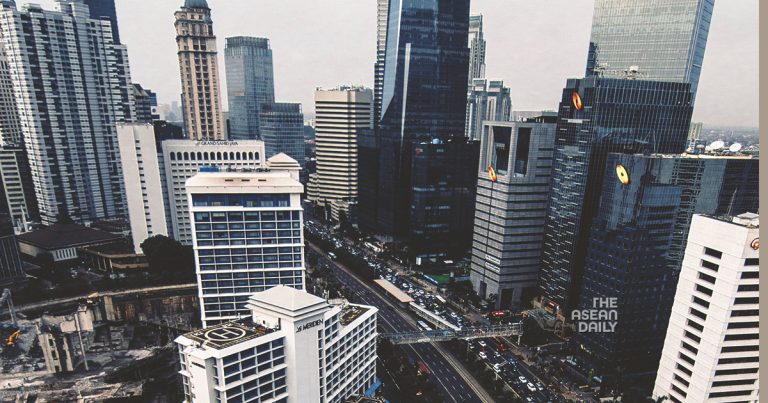6-5-2024 (JAKARTA) Indonesia’s economic engine has kicked into a higher gear, propelled by a surge in spending around the fervour of April’s hard-fought general elections. Official data released on Monday showed Southeast Asia’s largest economy expanded by a robust 5.11% year-on-year in the first quarter – its strongest pace in nine months.
The growth figures outpaced expectations of 5% by economists polled beforehand. They reflect how campaigning costs and elevated household consumption during the Muslim fasting month of Ramadan helped counter headwinds from faltering commodity exports plaguing the resource-rich nation.
“This uptick vindicates how big-ticket events like national polls can unleash powerful economic forces through increased spending and sentiment,” said Johana Cynthia, an economist at Investco Securities. “It’s a timely shot in the arm for Indonesia as it navigates global headwinds.”
Government expenditure saw a striking 20% annual spike as political parties splashed out on the high-stakes democratic exercise across the archipelago. The statistic highlights how pumping money into the economy was a priority for all camps seeking the presidency and parliamentary supremacy.
Meanwhile, household consumption – accounting for over half of Indonesia’s GDP – maintained its vigour with a near 5% improvement as the Muslim fasting festivities further opened pockets. Ramadan has traditionally triggered a spending spree across the Muslim-majority nation on food, new clothing and travel.
However, beyond these temporary boosts, cracks were evident in the first-quarter scorecard. Investment growth slowed to 3.79%, down from just over 5% in the preceding three months as businesses adopt a more cautious outlook amid dimming global prospects.
Moreover, net exports remain mired in contraction after a 10.9% slump as shipments of key commodities like coal, palm oil and metals face waning international demand and softening prices.
While one-off factors glossed over structural weaknesses this quarter, policymakers face an uphill task sustaining economic momentum through the rest of 2024. The government has doubled down on an ambitious 5.2% annual growth target, although financial observers already deem this overambitious.
“Post-election realities are likely to bite once the euphoria subsides,” warned Cynthia. “Boosting investment and turbocharging exports through reforms and currency management will be paramount to keep the economy firing on all cylinders.”




